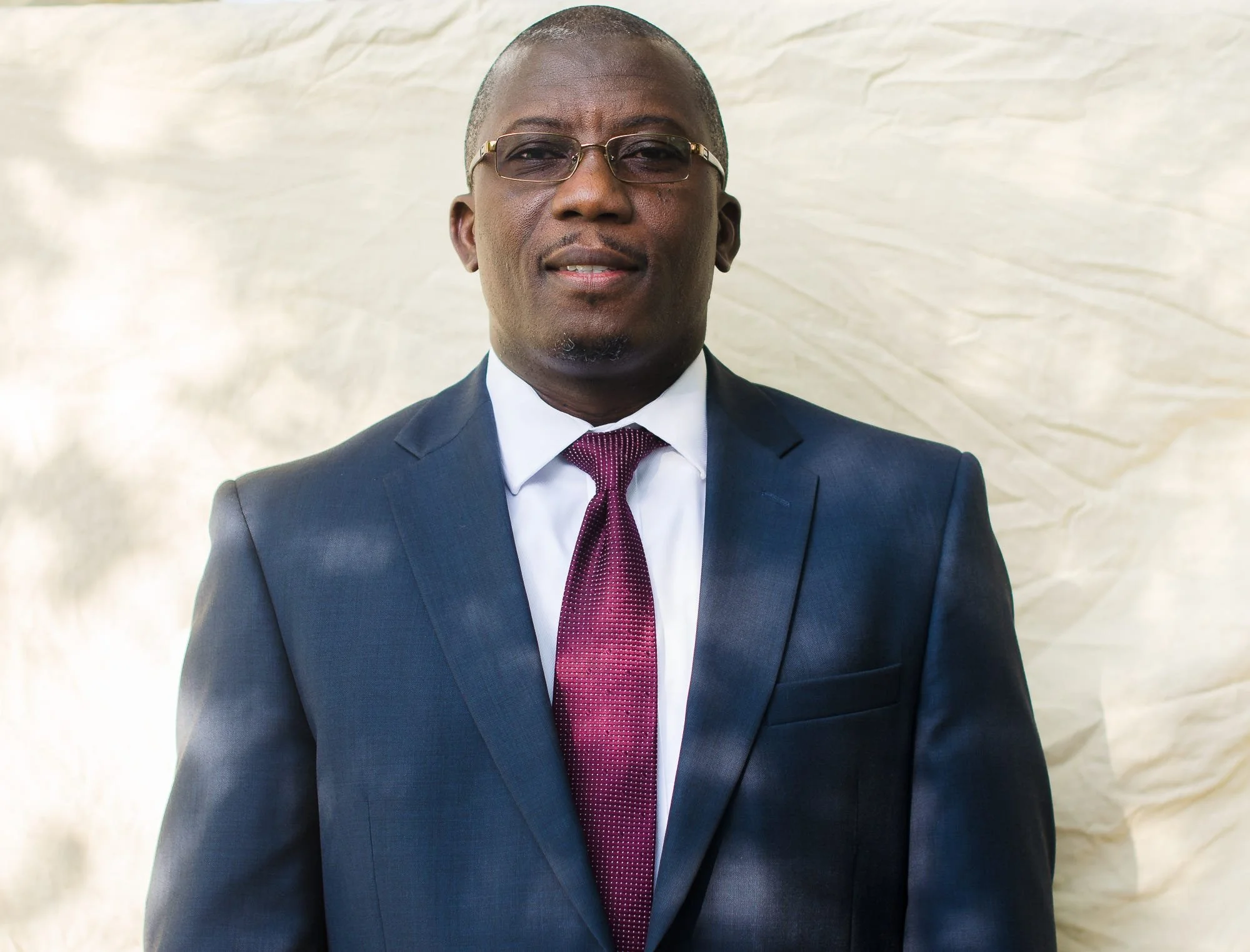Transforming Healthcare Through Technology: The Visionary Leadership of Bashir Agboola
Bashir Agboola MBA, CHCIO, CDH-E, FACHDM
Chief Technology Officer/Associate CIO of Hospital for Special Surgery
Website: www.hss.edu
Bashir Agboola is a seasoned Technology and Digital Healthcare Executive with over two decades of experience in leveraging innovation to transform businesses and improve lives. As Vice President, CTO, and Associate CIO at the Hospital for Special Surgery (HSS), Bashir leads national technology initiatives, blending strategic IT leadership with a passion for operational excellence. He’s recognized for turning ambitious ideas into scalable, high-impact tech solutions—especially in healthcare—while championing collaboration, data security, and lifelong learning.
From Nigeria to New York — A Global Tech Journey
Bashir’s story begins in Nigeria, where his original dream was to become an electronics engineer in the military. Life, however, charted a different course. He discovered computer science, pursued higher education with passion, and eventually earned a master’s degree. After cutting-edge training with IBM in South Africa, he landed an unexpected opportunity to relocate to the U.S., launching his journey into healthcare IT. His story is a testament to resilience, adaptability, and the global nature of technology leadership today.
“Much of our path is dictated by things we did not plan—but that’s where growth happens.”
Leadership in Motion — Building Trust, Culture, and Systems
Bashir stepped into leadership at Memorial Sloan Kettering Cancer Center, eventually overseeing open systems and database teams. His rise wasn’t luck—it was a combination of technical excellence, strategic reading, and real leadership development. He completed an MBA in Finance to bridge business with tech, and participated in the SIM Regional Leadership Forum—a 9-month transformation journey filled with mentorship, reflection, and skill-building.
“Leadership isn’t just about direction—it’s about learning, building people, and staying future-ready.”
Innovation as a Competitive Edge in Healthcare
At HSS, Bashir uses technology to enable the hospital’s core mission: helping people live pain-free lives. In one of the world’s most competitive medical markets, tech is not a support tool—it’s a differentiator. From enterprise cloud platforms to AI infrastructure, Bashir leads projects that not only support operations but drive them. Especially during the COVID-19 pandemic, his leadership in digital transformation kept care flowing and systems resilient.
“To stand out in a world-class market, technology must serve both the mission and the margin.”
AI, Automation, and the Evolution of the CTO
Bashir doesn’t shy away from AI—he embraces it. He uses tools like NotebookLM to consume more knowledge faster, and believes the future belongs to “AI-plus humans.” He challenges other leaders to stay relevant by evolving with technology, not resisting it. His perspective on AI replacing not just coders but potentially even CTOs makes it clear: technologists must constantly upskill, adapt, and lead the change they once feared.
“Leaders won’t be replaced by AI—but by those who know how to use it better.”
The Future of Tech Leadership — Learning, Networking, and Quantum Disruption
As a lifelong learner and contributor in networks like CHIME, HIMSS, and SIM, Bashir thrives in environments that accelerate knowledge. He speaks candidly about quantum computing, cybersecurity, and blockchain—all fields poised to be redefined. What sets him apart isn’t just his foresight, but his humility and eagerness to learn with others.
“The only true competitive advantage is learning faster than your competition.”
Written by Jovilyn A. Dela Cruz
At ISU Corp, we specialize in custom software development and Ai integration, helping enterprises streamline operations and drive innovation. Trusted by industry leaders, we deliver scalable, high-performing solutions tailored to your business needs.
Explore how we can help: Learn More at ISUCorp.ca
“Leaders won’t be replaced by AI—but by those who know how to use it better.”




